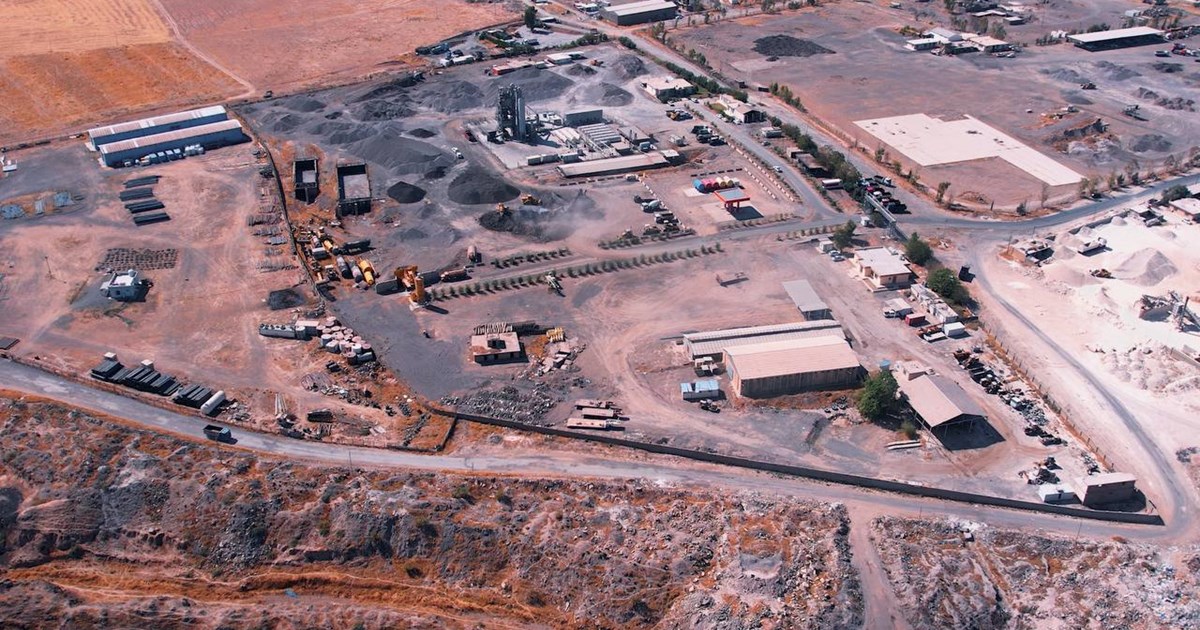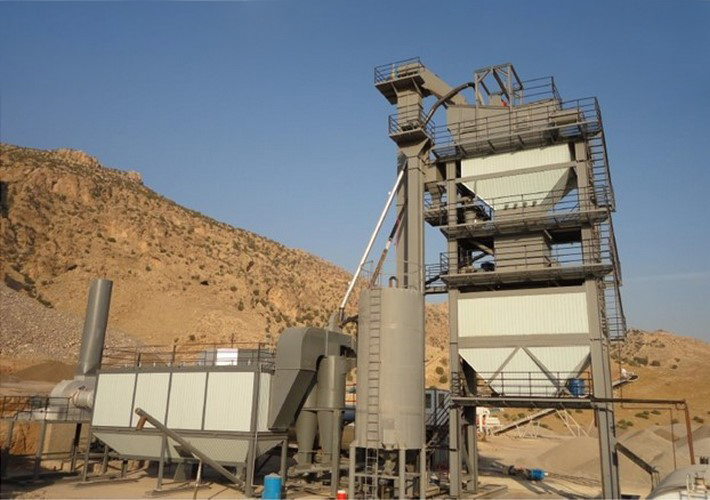
Close

Approach Words: Efficiency, Environment Preservation, Sustainability
Public Policy Instruments: Physical Intervention, Planning
The Asphalt Recycling Facility Project in Erbil is Iraq’s first dedicated plant for recycling road construction materials.1 It recovers and reintegrates used asphalt into road surfaces, reducing raw material extraction, emissions, and construction costs, while promoting sustainable infrastructure practices in Kurdistan.2
The vision of the Asphalt Recycling Facility Project is “to lead a sustainable shift in Iraq’s road construction sector through circular economy practices” that reduce environmental harm and resource depletion by transforming asphalt waste into a valuable, reusable input.3
This approach not only mitigates the environmental harm caused by unmanaged asphalt waste but also significantly reduces the need for extracting new raw materials. Beyond environmental benefits, the project also supports long-term sustainability goals by encouraging responsible resource management and lowering the ecological footprint of the road construction sector across the region.4

Title: The Asphalt Recycling Facility Site
Source: Click Here

Title: The Asphalt Recycling Facility.
Source: Click Here
To implement the project vision and objectives, the Asphalt Recycling Facility in Erbil follows a well-structured, eco-friendly process that introduces quality-controlled material recovery, reducing both operational and environmental impact. The process consists of:5
With a capacity of 160 tons per hour and up to 2,000 tons per day, the facility not only reduces environmental pollution but also offers a cost-effective alternative to traditional asphalt production by reintroducing up to 30% recycled asphalt in new roadwork.6 The model was launched with its first application in the Erbil–Qoshtapa road project7

Owner/Developer (Public)

Owner/Developer

Consultant/Designer

Contractor/Implementer
Initiated by the Kurdistan Regional Government, the project aligns with broader regional sustainability and public works modernization goals.8 It is publicly funded and operated by state employees, ensuring institutional alignment and public accountability. Further, it complements Iaraq’s environmental protection and infrastructure reforms strategies.9
Project Link
Endnotes
N.A.
References